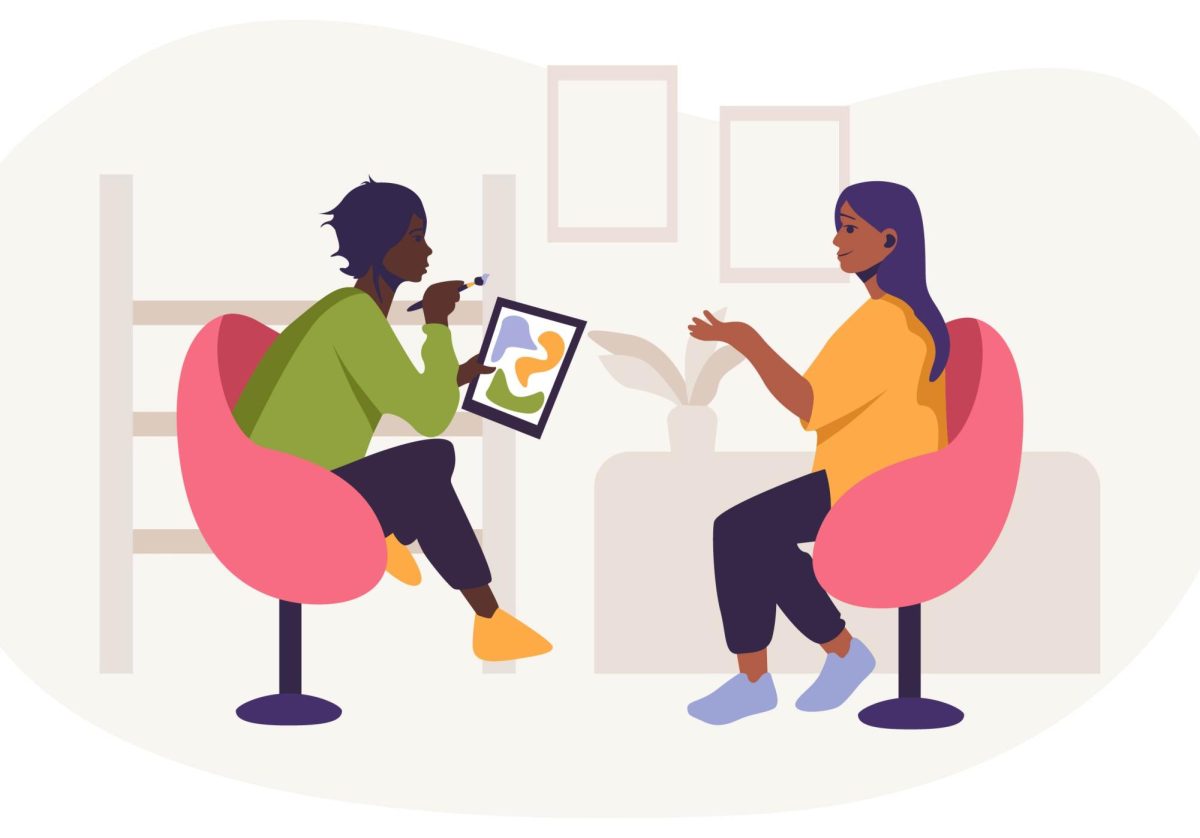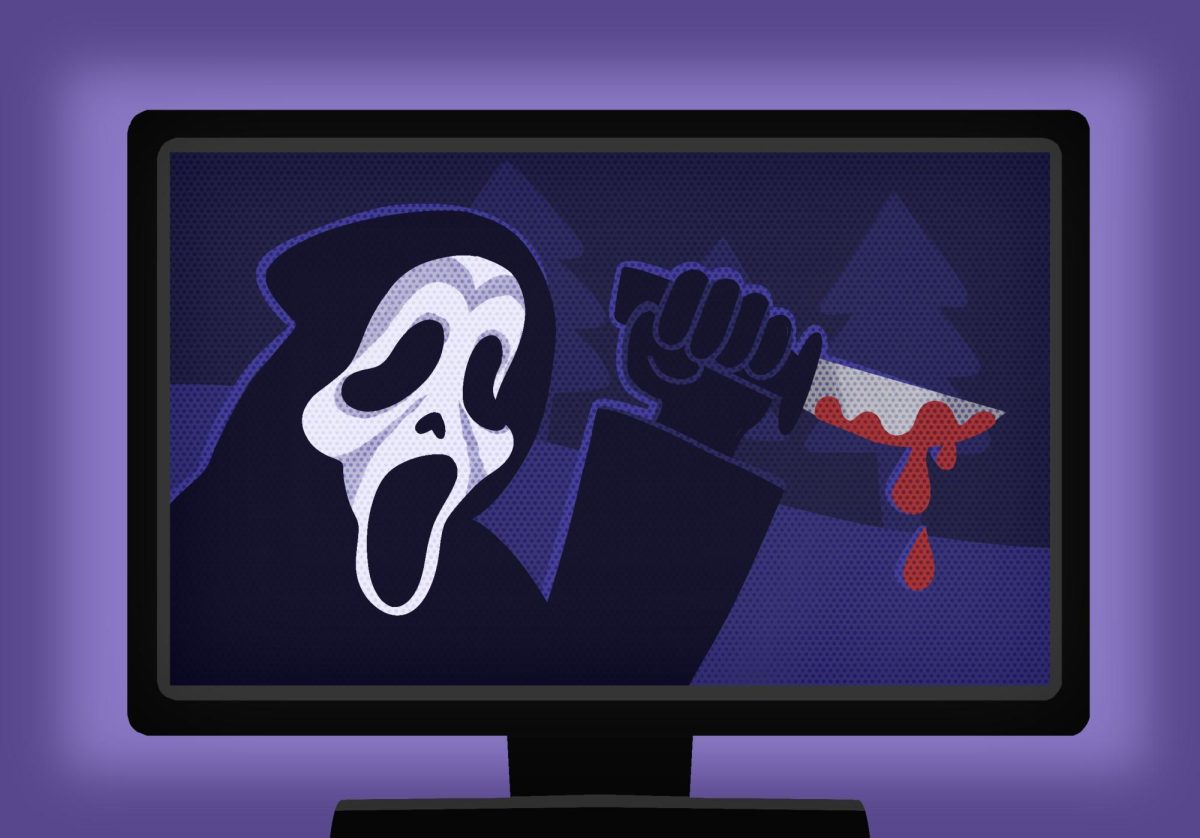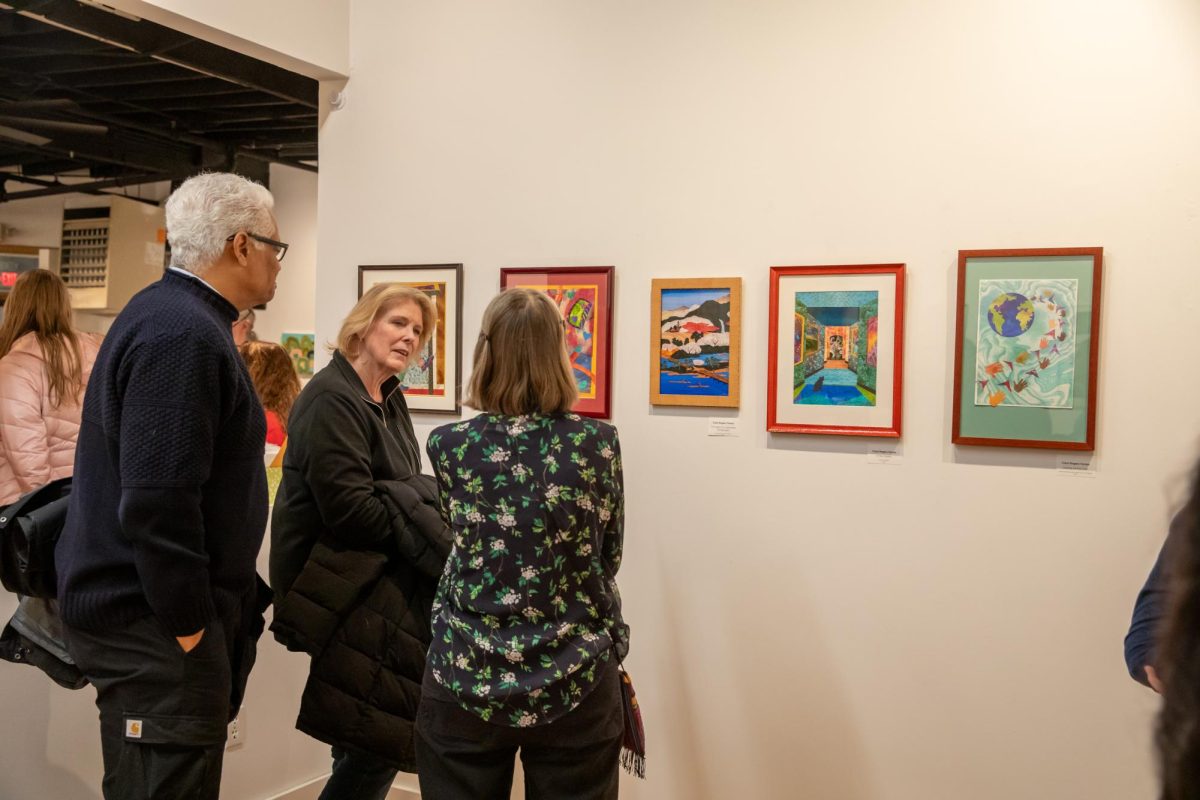Blythe Baird’s videos on Youtube have received nearly a million views.
The Hamline University student has published a book of her poetry. She’s exercised her literary prowess to help young emerging poets.
She’s 19 years old.
Using a spoken word format, many of Baird’s poems mediate on personal issues — feminism, eating disorders, sexuality. And she honed her candidness at a Gustavus Adolphus College Slam Camp when she was 16.
“The only reason I went to Slam Camp was because I had seen [slam poet] Sierra DeMulder,” Baird said. “I had been struggling at the time with anorexia. She did a poem called ‘Ana,’ and it rocked my world.”
Things have now come full circle for Baird — she is a junior counselor at the same camp she attended as a young poet.
Some may say Baird is too young, but she’s proven her capabilities.
She started working on her 2015 book, “Give Me a God I Can Relate To,” when she was only 18. In the same year, she competed in Chicago in the National Poetry Slam — a competition made up of four- to five-person teams from cities across America. Random audience members judge each performance on a scale of 0-10.
“It was my 18th birthday at the National Poetry Slam. I was so jazzed. … I had just chopped off all my hair. In retrospect, I was probably really annoying,” Baird said. “Clementine von Radics came up to me. She was like, ‘Hey. … I’ve seen your work on Tumblr. I would love for you to write a book for me and my press.”
But Baird’s creative process, especially for her book, hasn’t been without bumps. “They wanted me to have it done in six months. A year later, I was like, ‘Here is this book,’” Baird said. “It was a lot of me worrying about it all the time. My poor dorm roommates … we put up a tapestry on their side so they could sleep, and I could stay up and write.”
As a writer who has worked on both spoken word and written poetry, Baird sees merit in both art forms.
“I feel like [spoken word] allows me to not just let go of the experience, but it lets the experience live outside of [me]. I think reading on a page is a different experience. So many page poems that I find absolutely gorgeous, I would struggle to connect with on a stage,” Baird said.
However, there is power in poetry regardless of its form.
“This art form is very powerful, and it is a tool that has to be carefully realized. I think about a lot of things I didn’t have to think about before. I’m also learning to be more vocal about all injustices. If I’m going to have this platform, I’m going to use it,” Baird said.
Spoken word is not the endgame for Baird.
“I still love slam and I think it’s a very healing and precious space that is really necessary. I began to feel very tied down by it because when I would write, I would realize that I was first writing for an audience. It was deterring what I actually wanted to write about for myself.”
Baird has since expanded her reach, delving into new literary expressions and welcoming and helping new writers.
“What I’ve said the goal for a while has been is to work with youth on spoken word,” Baird said. “When I was introduced to it for the first time, it taught me how to articulate something in a concise, articulate way. [It] gave me the ability to pull the meaning from my experiences instead of being weighed down by them.”







